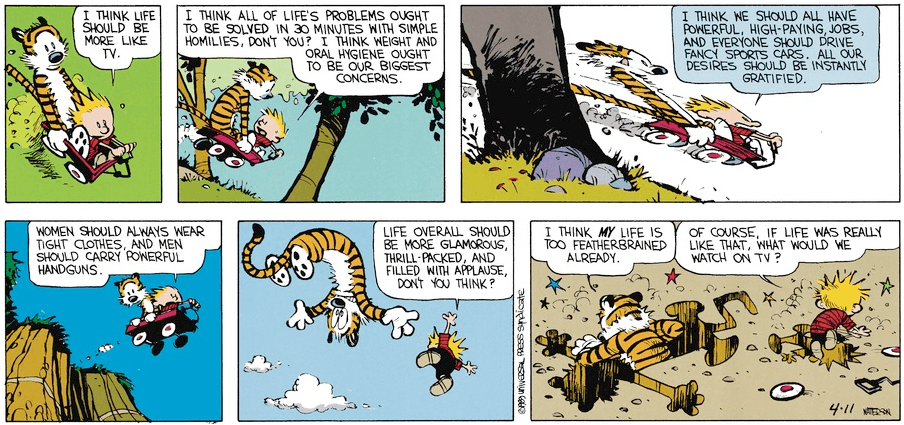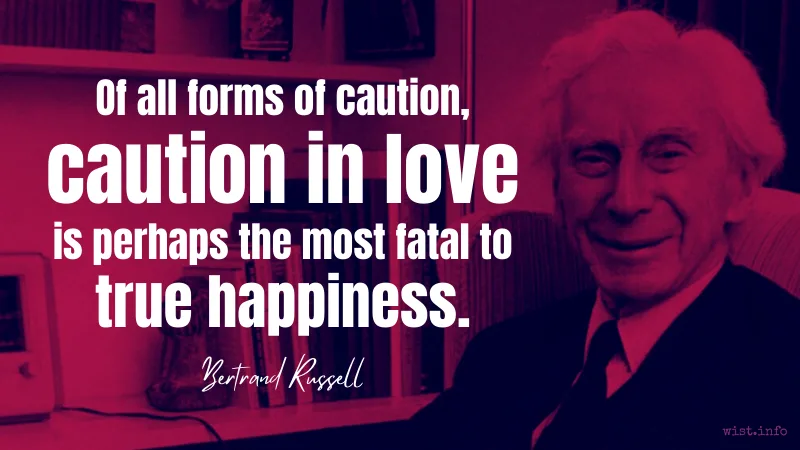The individualism which finds its expression in the abuse of physical force is checked very early in the growth of civilization, and we of to-day should in our turn strive to shackle or destroy that individualism which triumphs by greed and cunning, which exploits the weak by craft instead of ruling them by brutality.
Theodore Roosevelt (1858-1919) American politician, statesman, conservationist, writer, US President (1901-1909)
Speech (1910-04-23), “Citizenship in a Republic [The Man in the Arena],” Sorbonne, Paris
#quote #quotes #quotation #avarice #cunning #economicinjustice #exploitation #greed #individualism #license #regulation
Sourcing / notes: https://wist.info/roosevelt-theodore/73529/
One person like that
1 Shares




